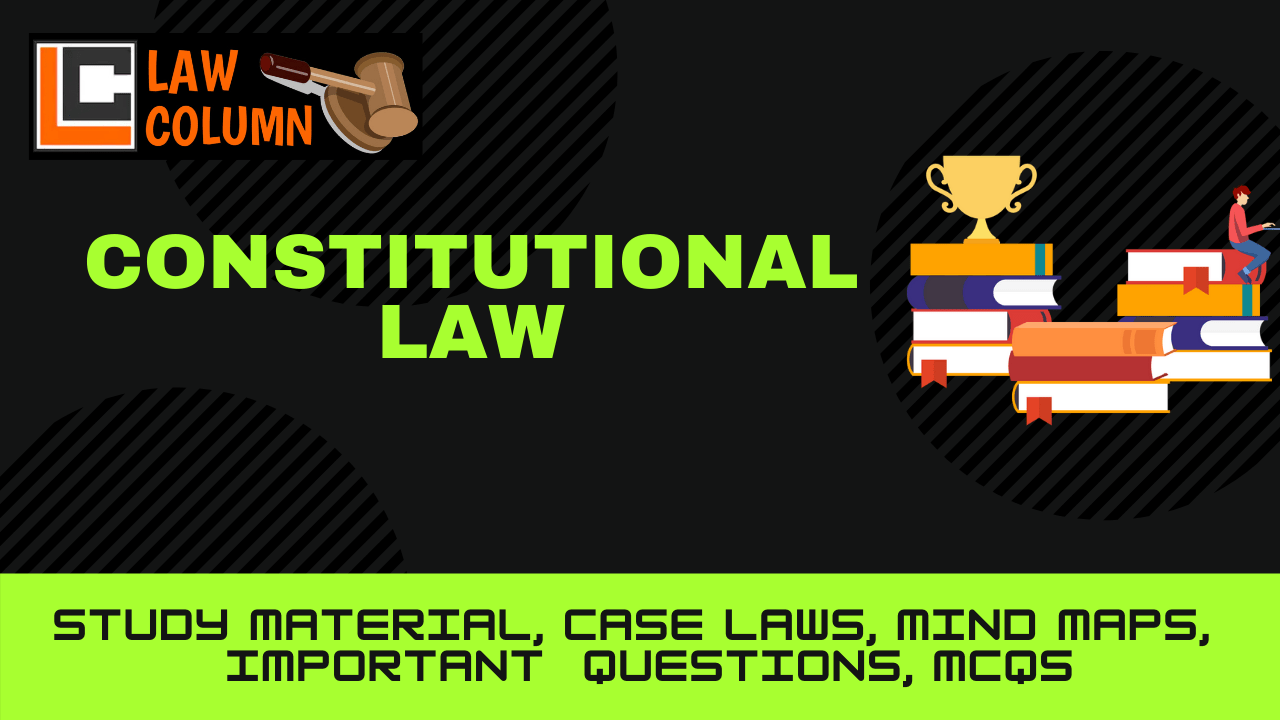PROVISIONS RELATING TO MONEY BILL
Money Bill is a form of Government Bill. It is introduced in Lok Sabha. If there is any issue regarding the Money Bill, the final decision should be made by the Speaker of the Lok Sabha. Article 109 deals with the Special Procedure of Money Bill.
Clause 1 explains that the money bill shall not be introduced in the Council of States. It can only be introduced with the recommendation of the President. But there is an exception to it, the recommendation of the President is not necessary for the moving of an amendment making provisions for the reduction or abolition of any tax.
Clause 2 of the same explains that after the money bill is passed by the Lok Sabha, it is sent to the Rajya Sabha for its recommendation. Rajya Sabha must return the bill within 14 days from the date of the receipt of the bill within 14 days from the date of the receipt of the bill with or without its recommendation. Lok Sabha may either accept or reject all or any of the recommendations of the Rajya Sabha.
Clause 3 makes the very point of the recommendation that the Lok Sabha shall accept any of the recommendations made by the Rajya Sabha, Money Bill shall be deemed to be passed in both houses with the amendment by Rajya Sabha and accepted by the Lok Sabha.
Clause 4 of the article elucidates that if the Lok Sabha rejects all the recommendations of the Rajya Sabha, the bill shall be deemed to have been passed by both the houses in the form in which it is passed by the Lok Sabha. Then it will be presented to the President for his assent.
Clause 5 demonstrate that if the Money Bill passed by the Lok Sabha and sent to Rajya Sabha for its recommendation is not returned, to the Lok Sabha within 14 days, the Bill shall be deemed to have been passed by both the houses at the expiration of the 14 days in the form in which it was passed by the Lok Sabha.
Money Bill is a form of Government Bill. It is introduced in Lok Sabha. It is defined under Article 110 and few provisions with the respect to same are-
- The imposition, abolition, remission, alteration, or regulation of any tax.
- The regulation of borrowing money or giving of any guarantee by the Government of India
- The custody of consolidated fund or contingency fund, the payment or withdrawal of money from any such fund.
- The appropriation of money out of the Consolidated Fund of India
- The declaring of any experience to be charged on the Consolidated Fund of India.
- The receipt of money on account of the consolidated fund of India or the public account of India or the custody or issue or such money or issue or such money or audit of the account of the Union or the State.
- Any matter incidental to any of the matters specified in sub-clause (a) to (f)
And only the President has the power to exercise veto the Bill. The speaker is under no need to seek counsel from anyone in this regard before making a decision, and his decision is final and cannot be overturned. The goal of certification of a Money Bill is to ensure that it cannot be amended by the upper house by adding anything that violates Article 110. (1). If the speaker fails to certify the bill as a money bill, it will only be treated as a financial bill. The Lower House (Lok Sabha) and the Upper House (Rajya Sabha) are the two chambers of India’s parliamentary system (Rajya Sabha). In general, the concurrence and assent of both chambers are required for any law to pass. A situation could emerge if both Houses of Parliament are locked in a deadlock. As a result, the provision of a joint sitting of both Houses of Parliament has been introduced into Article 108 of the Indian Constitution to resolve such deadlocks. The President convenes a joint session of both chambers, which is chaired by the Speaker of the Lok Sabha. The final powers, however, are vested in the Lok Sabha in the case of a money bill. In passing a Money Bill, the Rajya Sabha’s assent is irrelevant. As a result, the provision of joint sitting isn’t necessary.
Author: Vaidehi Bhatia,
ICFAI LAW SCHOOL 3rd Year/Law

